Psychosis
Psychosis
What is Psychosis?
Psychosis is a mental health condition characterized by a loss of contact with reality.
People experiencing psychosis may have difficulty distinguishing between what is real and what is not. Symptoms of psychosis can vary but often include:
- Hallucinations: Seeing, hearing, or feeling things that are not actually present. Common hallucinations include hearing voices or seeing things that others cannot see.
- Delusions: Holding false beliefs that are not based in reality. Delusions can be paranoid, grandiose, or bizarre in nature.
- Disorganized thinking: Difficulty organizing thoughts and expressing them coherently. Speech may become disorganized and difficult to follow.
- Disorganized behavior: Acting in an unusual way or out of character. This can include erratic movements, inappropriate emotional responses, or difficulty completing tasks.
Psychosis can be a symptom of various mental health disorders, such as schizophrenia, bipolar disorder, or severe depression. It can also be caused by certain medical conditions, substance abuse, or medication side effects.
Treatment for psychosis typically involves a combination of medication and therapy.
Antipsychotic medications can help reduce symptoms, while therapy, such as cognitive-behavioral therapy, can help individuals learn coping skills and manage their symptoms.
It is important for individuals experiencing psychosis to seek professional help from a healthcare provider or mental health professional for an accurate diagnosis and appropriate treatment.
